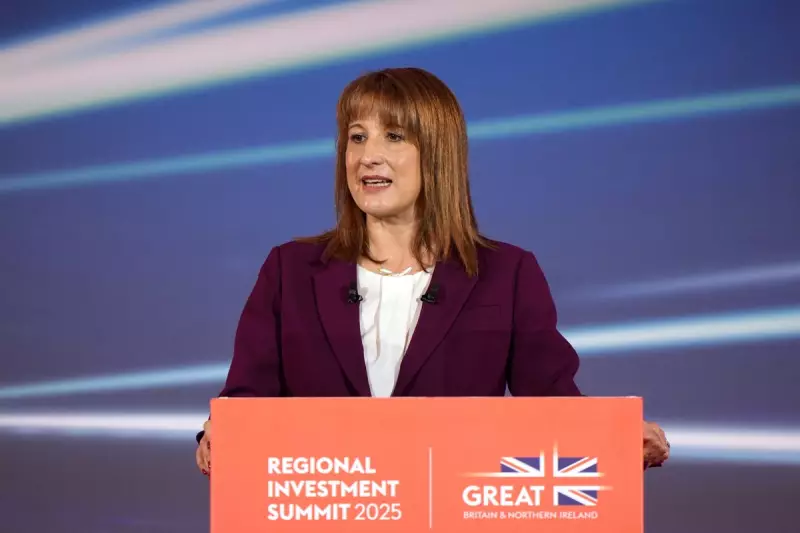
In a significant pre-election commitment, Shadow Chancellor Rachel Reeves has declared that a Labour government would not increase income tax or national insurance rates for working people and pensioners.
The pledge forms a cornerstone of Labour's economic platform as the party positions itself as fiscally responsible while offering stability to households grappling with cost-of-living pressures.
A Clear Tax Promise
Speaking ahead of Labour's manifesto launch, Reeves stated unequivocally: "We will not be increasing taxes on working people. That means we won't be increasing income tax, and we won't be increasing national insurance either."
The commitment extends beyond employees to include pensioners, providing reassurance to retirees concerned about their financial security under a potential Labour administration.
Contrasting Approaches
This tax freeze pledge creates a clear dividing line with the Conservative Party, which has overseen significant tax burden increases in recent years despite earlier manifesto promises to the contrary.
Reeves emphasised that Labour's approach would focus on economic growth and closing tax loopholes rather than raising rates on earned income. "Our plans are fully costed and fully funded," she asserted, addressing concerns about how Labour would pay for its spending commitments.
Broader Economic Strategy
The tax promise comes alongside other key economic announcements, including:
- Strict adherence to fiscal rules requiring debt to fall
- Targeted measures to stimulate business investment
- Reforms to the tax system to address avoidance
- Investment in green energy and infrastructure projects
This balanced approach aims to reassure markets while appealing to voters seeking economic competence and protection for their household budgets.
Political Implications
With the election campaign intensifying, Labour's tax pledge represents a strategic move to counter Conservative attacks portraying the party as high-tax and economically reckless.
By making explicit commitments on what they won't do, Labour hopes to build trust with cautious voters while maintaining room for manoeuvre on other revenue-raising measures that don't directly impact most workers' pay packets.
The coming days will reveal how this tax promise integrates with Labour's broader manifesto commitments and whether it proves sufficient to maintain their substantial poll lead.





